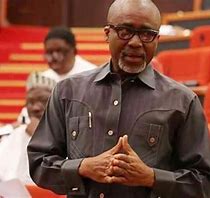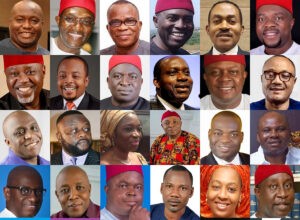It’s not surprising that the huge continent cannot be easily understood by looking at any single development or trend line. It makes sense that a continent home to 54 countries and 1.2 billion people would also house a mass of contradictory developments. Africa features several of the world’s fastest-growing economies and a burgeoning middle class. But much of the continent remains mired in debt, ravaged by conflict, disease or terrorism, and plagued by elites clinging to power. Now, although the human cost of the coronavirus pandemic has so far been less catastrophic than many feared, its economic impact could undo much of the continent’s growth over the past two decades. Even during the years when economies across Africa expanded, many people were driven to migrate—either within Africa or to Europe and even South America—because of humanitarian catastrophes or because economic opportunities were not coming fast enough for everyone. Those who remained behind at times succeeded in disrupting the status quo. Civilian-led reform movements toppled regimes in Algeria and Sudan last year, and recent examples of independent courts overturning fraudulent elections—as well as other signs of democratic institutions taking hold in previously corrupt or authoritarian states—offered hope for the health of democracy in Africa. Yet, a rash of recent elections marred by fraud and violence, including several involving incumbents seeking constitutionally dubious third terms, confirms that the phenomenon of long-ruling authoritarian leaders—known as “presidents for life”—remains a problem.From Development to Democracy, Africa Is a Continent of Contradictions |




